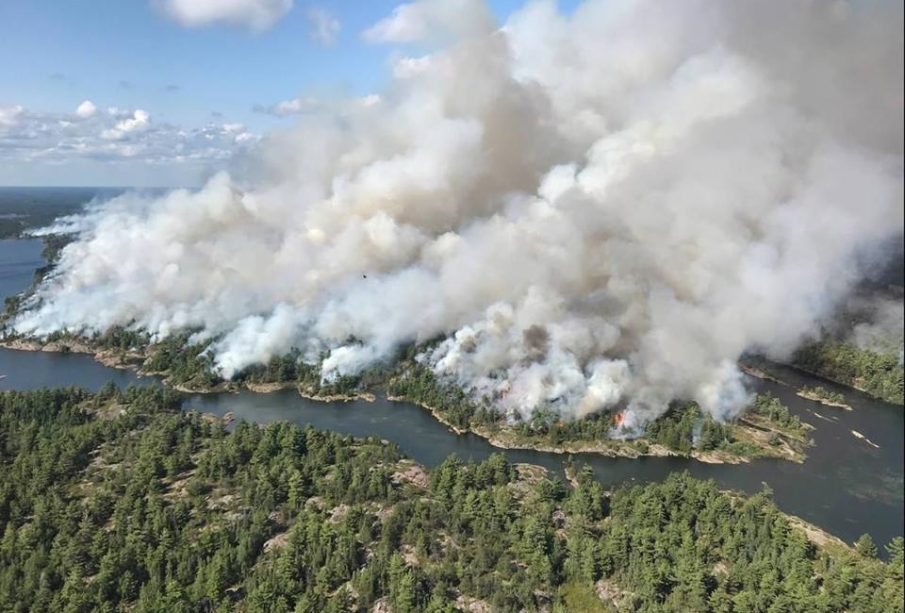Understanding the Impact of Forest Fires in Ontario

The Importance of Addressing Forest Fires in Ontario
Forest fires are a significant concern in Ontario, especially during the peak summer months when dry conditions prevail. With climate change amplifying the frequency and intensity of these fires, the urgency for effective management and prevention strategies has become paramount. Not only do these blazes threaten natural ecosystems, but they also pose substantial risks to local communities, public health, and air quality.
Current Forest Fire Situation in Ontario
As of late 2023, Ontario has experienced a considerable increase in forest fire incidents compared to previous years. According to the Ontario Ministry of Natural Resources and Forestry (MNRF), over 500 fires have been recorded this season alone, significantly erasing a record set in 2021. The vast majority of these fires ignited due to lightning strikes, exacerbated by extreme heat and prolonged drought conditions now prevalent in many parts of the province.
Environmental and Economic Impact
The environmental impact of forest fires can be devastating. They not only destroy wildlife habitats but can also lead to soil erosion, loss of biodiversity, and contamination of water sources. The MNRF reported that regions like the boreal forests have seen substantial destruction, affecting the delicate balance of local ecosystems.
Additionally, the economy suffers due to the costs of fire management efforts, evacuations, and recovery processes. Communities that rely on forestry, tourism, and agriculture are among the hardest hit as infrastructure gets damaged and access to these resources becomes limited. The Ontario government has committed additional funding for fire management efforts, but challenges remain in addressing the longer-term implications of forest fires.
Preventive Measures and Community Involvement
In response to the crisis, provincial authorities are ramping up their preventive measures. These include public awareness campaigns aimed at educating residents about fire safety and the importance of reporting smoke or fire sightings promptly. Furthermore, controlled burns are being utilized as a strategy to reduce the risk of uncontrolled wildfires while maintaining ecological health.
Conclusion: The Way Forward
As Ontario continues to confront the growing threat of forest fires, the need for comprehensive strategy and community involvement becomes increasingly critical. Forecasts suggest that the fire season may extend in the coming years, driven largely by climate change. This calls for not only immediate action but also long-term planning and investment into sustainable land management practices. The importance of local involvement in fire prevention efforts, alongside governmental support, will be crucial in safeguarding the province’s natural and human resources from future fire outbreaks.









